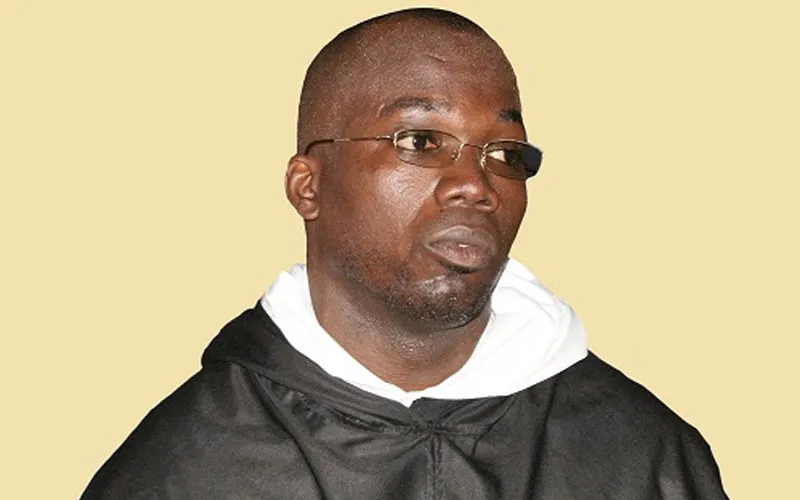The Dominican Brother bemoans issues around land saying, “In Parcelles Assainies, there is at least one piece of land destined for the Catholic Church that has been diverted to other purposes by crooked politicians.”
“To ensure that the Church is no longer robbed or forgotten in the distribution of things that are its rightful due, like the other religious components of each commune, let us think of our brothers and sisters who alone can be our best advocates within the municipal decision-making bodies,” Br. Niang says.
He urges the “Church-Family of God” in Senegal to “ensure that its members are represented in the municipal councils” and adds, “If we ourselves do not invest in supporting our candidates, no one will do it for us.”
The January 23 local elections, which were initially scheduled to take place in 2019, are to be followed by legislative elections.
Tension has been mounting in the West African country as a group of some 20 opposition leaders launched a large coalition to challenge the ruling party of President Macky Sall.
Last November, several opposition coalitions denounced the rejection of their lists in various localities of the country, RFI reported.
In the January 20 report, Br. Niang appeals to the sense of responsibility of “all our Church-Family of God so that it can grasp the real stakes of these electoral contests that should not be apprehended from a political point of view.”
For those who will be tempted to see our call to support our Christian brothers and sisters who are candidates for the local elections as a discourse of identity and exclusivity, Br. Niang poses, “At what point did they rise to allow Christians to enjoy all their rights solum et totum?”
“When they gave to some and voluntarily forgot the others, that is to say us, where were they? And we would like them to describe the numerous injustices that were done to our community by maliciously taking away prerogatives that were rightfully theirs,” he adds.
He further poses, “If no one has come to the defense of our Christian community in giving it back what rightfully it deserves, why should we be blamed for going after what belongs to us by identifying it as a discourse of identity?”








